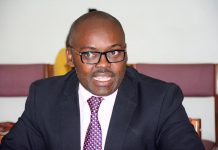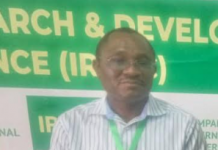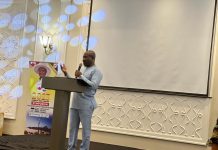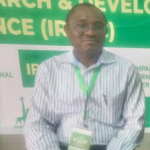The government of Uganda is in talks with Libyans to allow them repossess their assets worth $375 million (about Shs1.4 trillion), mainly in the telecommunications, banking, hotel and oil sectors.
According to Daily Monitor, a team of Libyan government officials are in the country as they negotiate with government officials in a bid to regain their assets that include the defunct Uganda Telecom LTD, Tropical Bank, Lake Victoria Hotel, shares in Uganda National Housing and Construction Company, Oil Libya, among others.
The Libyan delegation, which included Ambassador Fawzi B.M Bouketf, is said to have met Finance Minister Matia Kasaija, Investment Minister Evelyn Anite and Attorney General William Byaruhanga.
Ministry of Finance spokesperson Jim Mugunga confirmed that the meeting took place.
“They met the minister about their assets and I think government has no problem with partnering with Libya,” he said.
When contacted yesterday, Ms Anite confirmed the meeting and explained that the Libyan delegation was tasked to deliver a letter from Mr Bouketf to President Museveni, requesting to repossess the shares in the companies and confirming the Libyan team. They were also told to mobilise Shs200b for their shares in utl.
The Libyan team accepted the conditions and told Finance Ministry officials that the Libyans who withdrew the money from Utl didn’t have instructions to do so.
“As Government, we don’t grab other people’s assets. We took over because the Libyans had left and we didn’t want these companies to collapse. They told us that their country has stabilized and they are ready to return and do business with government of Uganda,” she said.
Although members of the United Nations Security Council, including the United States, South Africa and the European Union, froze assets belonging to the Libyan government, Gaddafi and his sons in keeping with the 2011 UN resolution, Uganda condemned the attack on Libya and refused to freeze any Libyan assets in the country since there were no assets belonging to the affected individuals.





















